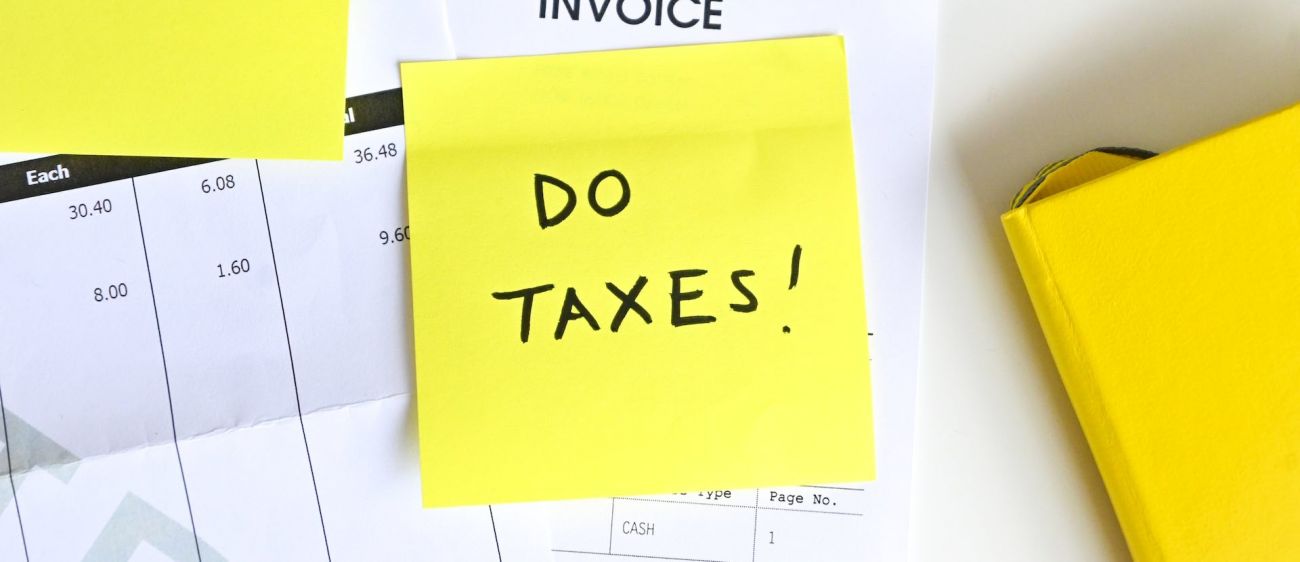Small Business Tax Tips

First Financial Bank
As a small business owner, you are responsible for paying taxes on what your business earns. But you only want to pay what you owe – no more and no less. What can you do to optimize your tax liability? Here are some tips that may help.
There are a variety of things you can do throughout the year to make filing taxes less painful and potentially less costly:
Focus and align your team on your near- and long-term goals
Chris Johnson, Regional Market President, First Financial Bank provides an essential recommendation for success:
“To help them understand your focus and goals when you are starting out and on a regularly scheduled ongoing basis, have a group meeting with your:
- Personal CPA
- Attorney
- Business CPA
- Wealth/Financial Planner
This can help keep you all on the same page with what you’re trying to accomplish globally as a small business owner – and personally as an individual/family as you plan for wealth creationr and retirement goal setting.”
Work with someone who understands small business taxes.
If you are a new business owner and have had a prior relationship with a CPA for your personal taxes, having them do the accounting for your business may seem like a good idea. Unfortunately, though they may be someone you are pretty comfortable with, they may not be as knowledgeable about the ins and outs of business tax law as you need. You want someone who “gets it” about all things small business finance and taxes. For example, you need a tax advisor who understands what are the rules and opportunities if you are a sole proprietor vs. a C corporation – and may help you determine if it makes financial sense to change your corporate structure. Someone who can advise you what types of business improvements, enhancements, and expenses can be used toward tax credits and/or are legally deductible – and which ones are not. The right person can help you to identify new opportunities and risks that may occur when tax laws change. You need someone with the experience and expertise to be a trusted advisor when you are filing taxes – and throughout the business year.
Evaluate and compare potential outcomes before committing.
“It’s your tax accountant’s job to limit your tax responsibility,” says Kathy Daily, Managing Director, Farm & Ranch Division for First Financial Bank. “In years of high income, some accountants might advise you to ‘buy something’ to increase your depreciation to reduce your tax liability. If you need to get a loan for the purchase you would probably be better off paying the taxes. A one time payment is (typically) better than the multiple payments it will take to pay the loan back. Remember, you don’t know what next year will bring.”
Track every expense as they happen.
It’s painful to have to dig through all your “usual places” (car, desk, wallet …) for paper expense receipts to get them to your accountant just in time for filing. You are also more likely to misplace an expense receipt that could help reduce your tax liability. It’s much better to capture and document each receipt as it happens throughout the year. For most of us, our phones are practically glued to our hands, so find an expense tracking app you like and make it a habit to record each as they occur. It may feel a bit time-consuming in the beginning, but as you get better at capturing expenses immediately, you’ll reap the rewards of not having to scour for paper receipts – while maximizing your opportunity to deduct business expenses.

Being ready for every opportunity.
“This recommendation seems pretty basic, but turns out to be a problem more often than not,” says Brad Ogletree, Regional Market President. “You should have digital access to your most recent tax data safely stored and ready to confidentially share when/if you need it. Whether you are ready to share it with your trusted advisor for guidance or to take advantage of a new opportunity much easier. You should also make your business CPA aware that it’s OK to share that data with your trusted advisor.”
“This will make a new loan request, or necessary maintenance on an existing lending relationship, flow more smoothly.”
Avoid costly mistakes
Paying taxes on time and submitting accurate returns are essential. Have a math error on your return that causes you to underpay your taxes? Work with someone (like a bad payroll company) who doesn’t meet their contractual obligations in filing? In addition to the actual amount you owe in taxes, you may incur late fees plus interest on the taxes owed. This can add up fast. And regardless of whether you do your own taxes or work with a professional preparer, it is your responsibility and liability. Confirm your submissions are on time and accurate. Double-check the math. Use software to help verify the math. And if you need more time, work within the rules of the IRS/your state tax agency to get an extension.
Keep business and personal finances separate.
Even if you have a “pass-through” business structure, keeping your business and personal accounts separate is always a best practice. There should never be a question about whether the income and/or expenses are yours or your business. Use separate bank accounts and credit cards. Need help getting that setup when you initially start your business? Work with your banking partner to identify the best types of checking, savings, and lines of credit to meet your specific needs.
Leverage your trusted advisors – in good and bad times.
Unplanned good and especially bad events can complicate your business decisions. Determining how those events may affect your overall financial health is important to decipher – before it’s time to file your taxes. Work with your loan officer and other trusted advisors to help manage the challenges. These are people who’ve “been there and done that” already. Leverage that expertise.




